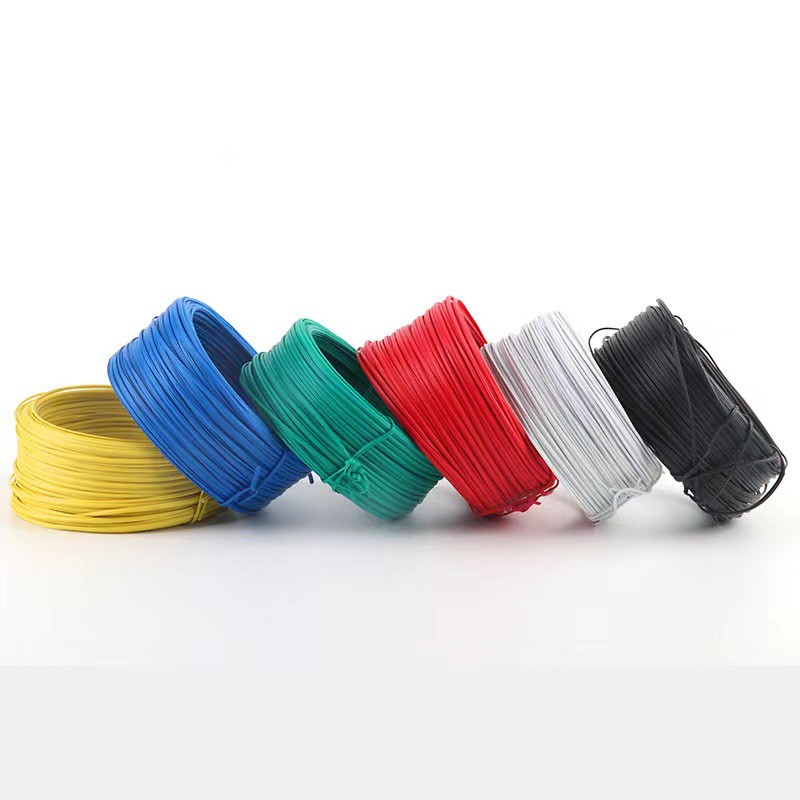-
+86 15030157877
-
sales@galvanizedmetalmesh.com
Aug . 21, 2024 09:01 Back to list
PVC Coated Wire Fence Manufacturing Facilities and Their Innovations in Design and Durability
Exploring PVC Coated Wire Fence Factories
In recent years, the demand for durable and aesthetically pleasing fencing solutions has surged, making PVC coated wire fencing a popular option for both residential and commercial applications. As a result, the landscape of PVC coated wire fence factories has evolved significantly, leading to advancements in technology and production methods. This article provides an overview of PVC coated wire fence factories, their processes, and the benefits of their products.
Understanding PVC Coated Wire Fencing
PVC coated wire fencing is made from a core wire, typically galvanized steel, that is coated with a layer of polyvinyl chloride (PVC). This coating protects the wire from corrosion, rust, and weather damage, thereby enhancing its longevity. The combination of strength from the steel wire and the protective qualities of PVC makes this type of fencing ideal for various environments, including agricultural, industrial, and residential settings.
Manufacturing Process
The manufacturing process in PVC coated wire fence factories involves several key steps. Initially, high-quality steel wires are drawn and galvanized to provide resistance against corrosion. The galvanization process is crucial as it ensures that the wire can withstand harsh weather conditions and resist rusting over time.
Once the wire is galvanized, it undergoes the PVC coating process. This is typically achieved through methods such as extrusion or dipping. Extrusion involves heating the PVC and then applying it to the wire in a controlled environment, ensuring a consistent and even coating. Dipping, on the other hand, involves submerging the wire into a molten PVC bath, which results in a thicker coating.
pvc coated wire fence factories

After the coating is applied, the wire is cooled and cut to desired lengths. Factories often employ advanced machinery for precision cutting, ensuring that the wires meet the specifications required by customers. The final phase involves quality control checks, where the coated wire is tested for strength, flexibility, and adherence of the PVC layer.
Advantages of PVC Coated Wire Fencing
PVC coated wire fences offer numerous advantages over traditional fencing materials. Firstly, the PVC coating provides a high level of durability, making the fencing resistant to chipping, peeling, and fading, thus maintaining its appearance over time. This makes PVC coated wire fences an excellent option for places where aesthetics are important, such as residential yards and parks.
Secondly, due to their corrosion resistance, these fences require minimal maintenance. Unlike wooden fences that may warp or rot, or untreated metal fences that may rust, PVC coated wire fences can last for decades without frequent repairs or replacements.
Additionally, PVC coated wire fences are available in various colors, adding versatility to design options. This allows homeowners and businesses to select a fencing solution that complements their property.
Conclusion
The rise of PVC coated wire fence factories has been propelled by the growing demand for robust and visually appealing fencing solutions. With advanced manufacturing techniques and a focus on quality, these factories produce fencing that not only meets safety and security standards but also enhances the aesthetic appeal of properties. Whether for residential use, agriculture, or commercial purposes, PVC coated wire fencing stands out as a practical and elegant choice. As the market continues to expand, these factories will likely innovate further, ensuring that they meet the evolving needs of consumers around the globe.
-
Smart AI Fence Solutions with GPT-4 Turbo | Secure & Fast
NewsAug.02,2025
-
Welded Gabion Solutions: Durable & AI-Enhanced Designs
NewsAug.01,2025
-
Premium Welded Gabion Mesh | Robust & Eco-Friendly
NewsJul.31,2025
-
Premium Eco-Friendly Roof Tiles | Affordable & Durable
NewsJul.31,2025
-
Premium Roof Tiles for Durable & Stylish Roofing Solutions
NewsJul.30,2025
-
High-Quality Roof Tiles for Durable & Stylish Roofing Solutions
NewsJul.29,2025



